Professional tile sealing that stops stains before they start and keeps your floors looking fresh for years.
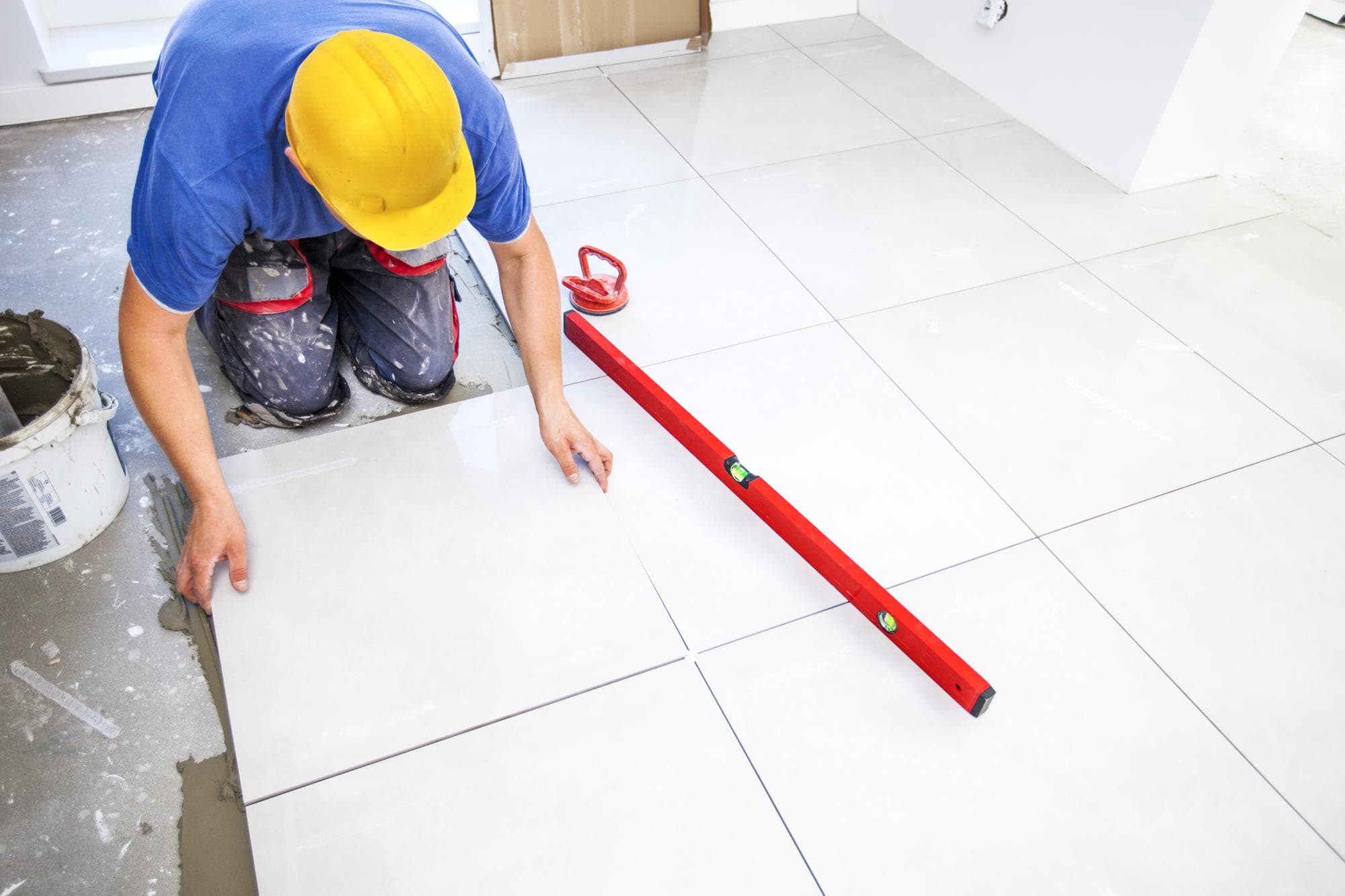
Hear from Our Customers
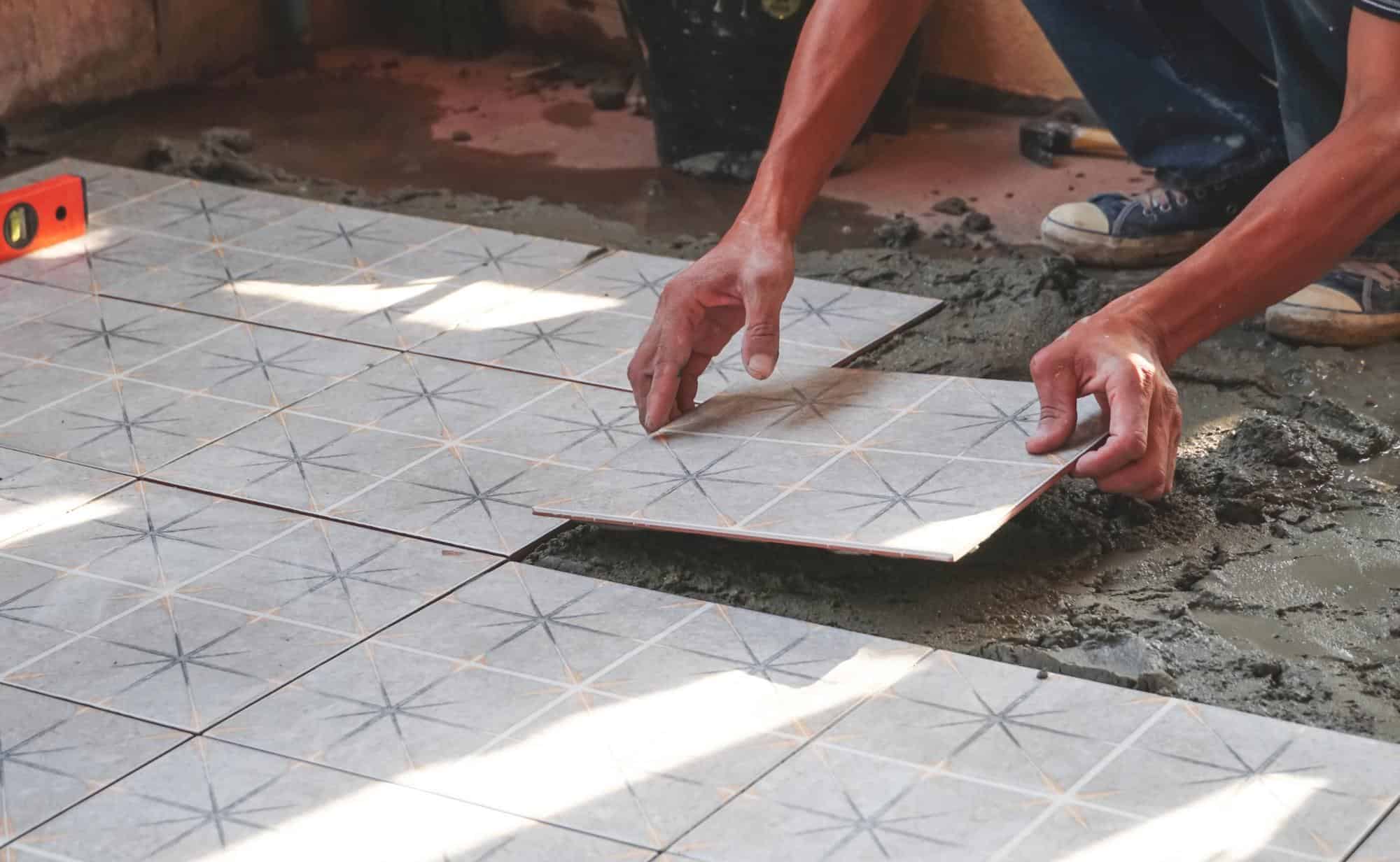
You know that sinking feeling when you see your grout lines getting darker every month. When spills soak in instead of wiping away clean. When your beautiful tile installation starts looking tired just a year or two after you spent thousands on it.
Here’s what changes when your tiles and grout are properly sealed. Spills bead up on the surface instead of soaking in. Your weekly cleaning actually gets the floor clean instead of just moving dirt around. That fresh, just-installed look lasts for years instead of months.
The difference isn’t just cosmetic. Sealed surfaces resist mold and mildew growth, especially important in Rosedale’s humid climate. Your grout stays structurally sound longer, avoiding those expensive repairs that come when moisture gets underneath and starts breaking down the substrate.
Diamond Stone Restorations Corp has been serving NYC area homeowners who understand that restoration beats replacement every time. We’re not the guys who show up with a one-size-fits-all approach.
Rosedale’s housing stock tells a story. Homes built in the 1950s with solid bones but surfaces that need expert care. Properties worth $600,000 and up where every detail matters. Homeowners who’ve dealt with flooding issues and know moisture protection isn’t optional.
We specialize in ceramic tile sealing, porcelain tile sealing, and grout protection that actually works in real-world conditions. Not just the basic sealer that wears off in six months, but professional-grade protection designed for the long haul.
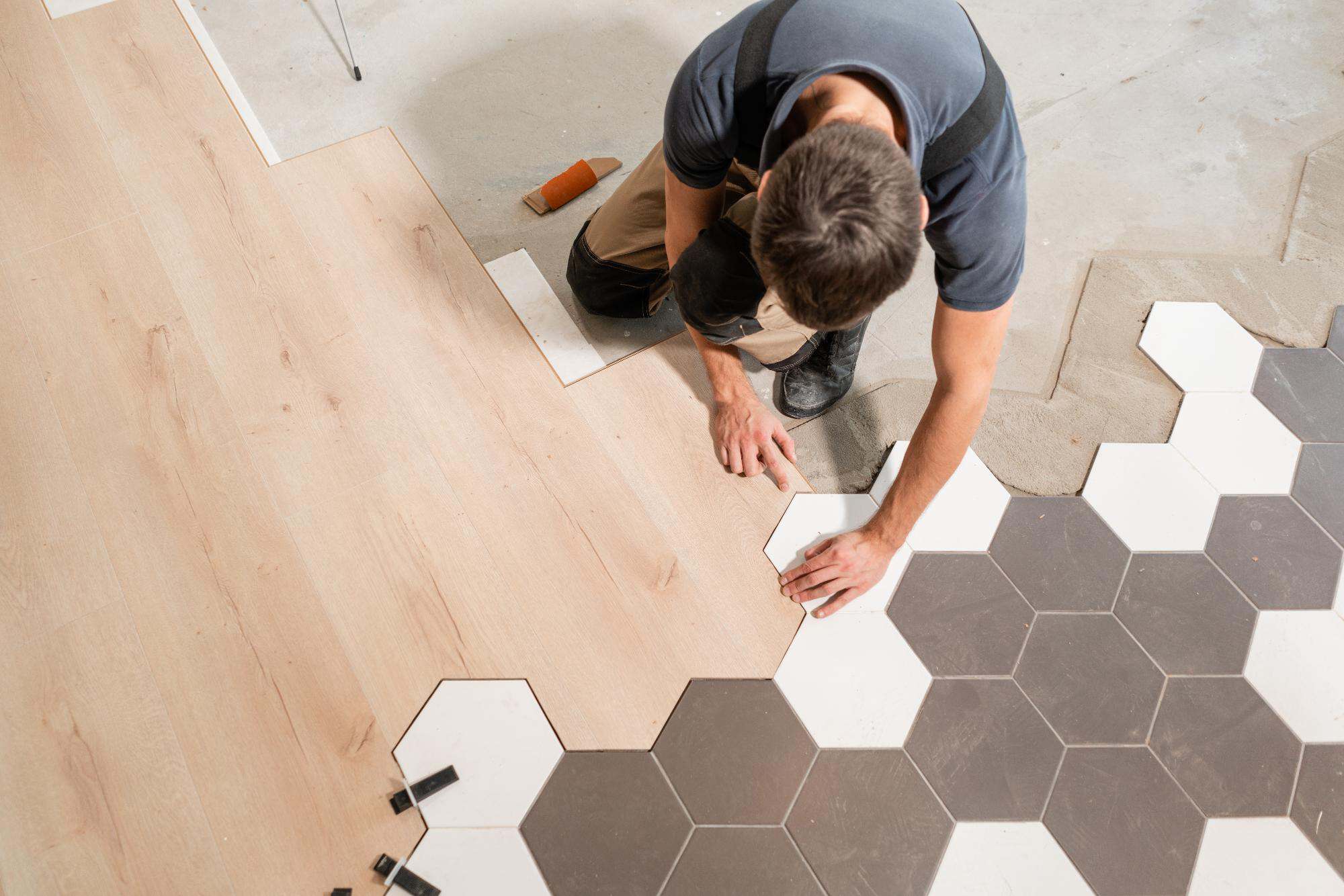
First, we assess what you’re working with. Not all tiles need sealing, but most grout does. We test your surfaces to see what’s already there and what type of protection will work best.
The cleaning comes next. Any existing sealer that’s failing gets removed. Grout lines get deep-cleaned to remove built-up dirt and stains. This isn’t a quick mop job – we’re preparing the surface so the new sealer can actually penetrate and bond.
Then we apply the right sealer for your specific situation. Penetrating sealers for porous surfaces. Topical sealers where you need maximum protection. We work systematically, making sure coverage is even and complete. The sealer needs time to cure properly – usually 24 hours before you can walk on it normally.
You’ll know it worked when liquids bead up instead of soaking in. When your regular cleaning actually gets the surface clean. When your grout lines stay the color they’re supposed to be instead of gradually turning gray or brown.
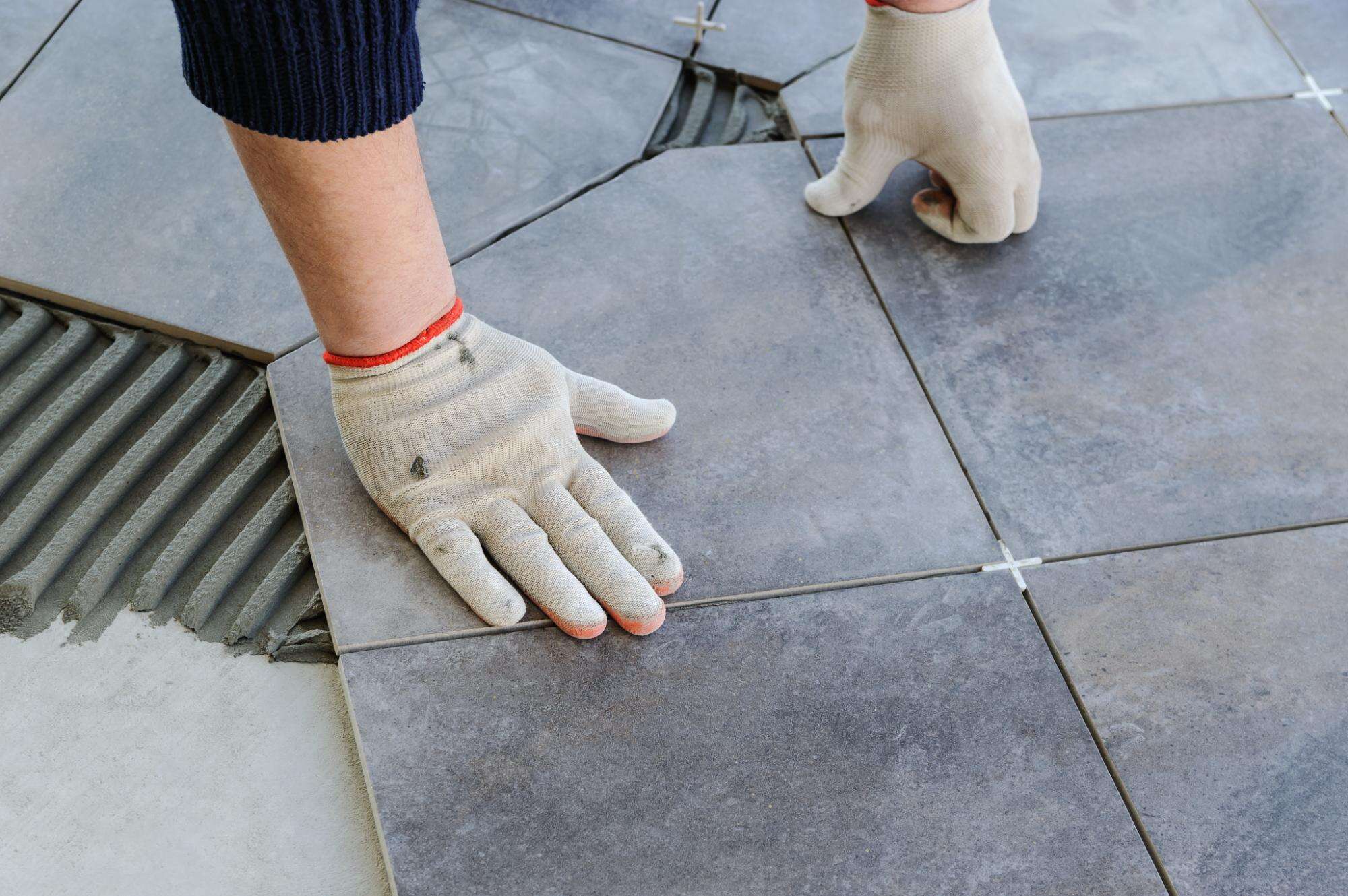
Ready to get started?
Professional tile sealing means using the right products for your specific surfaces. Ceramic and porcelain tiles usually don’t need sealing unless they’re unglazed, but the grout lines absolutely do. Natural stone tiles need both surface and grout protection.
In Rosedale, we’re dealing with specific challenges. The area’s history of flooding means moisture protection isn’t just nice to have – it’s essential. Homes built in the 1950s often have settling and movement that can stress grout lines. High property values mean homeowners expect work that lasts.
We use penetrating sealers that go deep into porous grout, creating a barrier that repels both water and oil-based stains. For high-traffic areas, we might recommend a topical sealer that provides an additional protective layer. The goal is protection that lasts years, not months.
Our service includes surface preparation, proper sealer application, and guidance on maintenance. We’ll tell you exactly how to clean your sealed surfaces to maximize the protection. Most importantly, we’ll let you know when resealing will be needed – typically every 2-3 years for grout, longer for properly sealed tile.
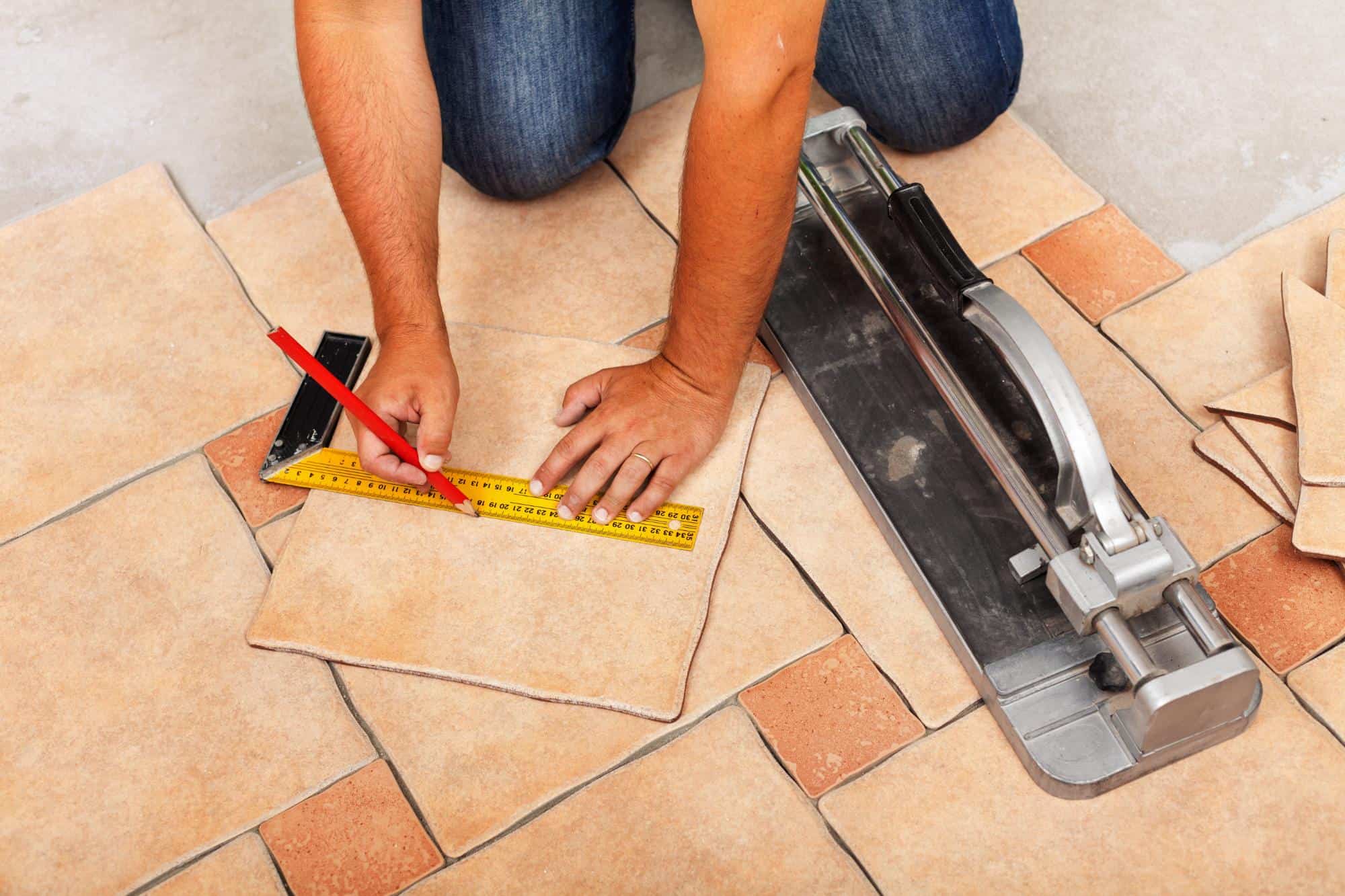
Ready To Restore The Beauty Inside Your Stone?
Contact us today!
Diamond Stone Restorations Corp
Company
Support
Useful Links